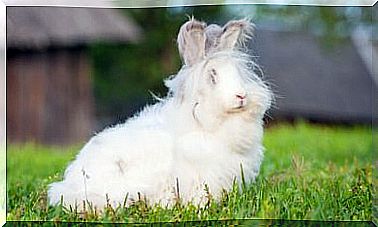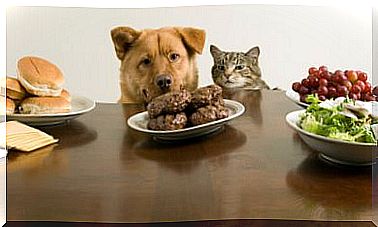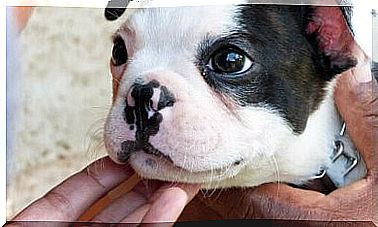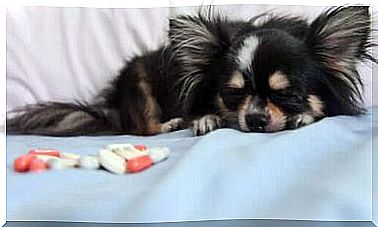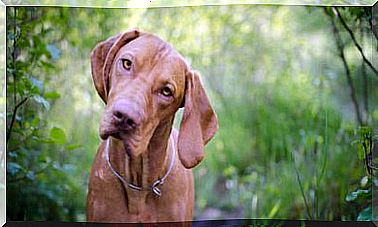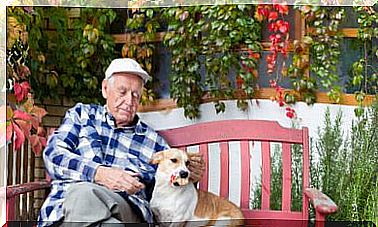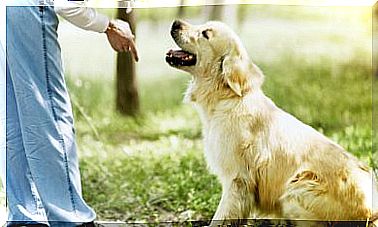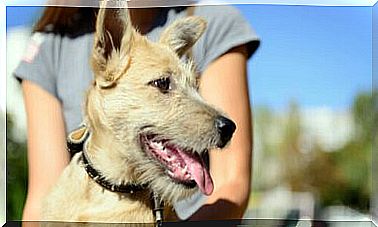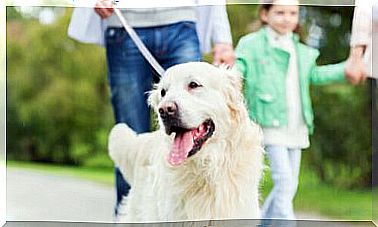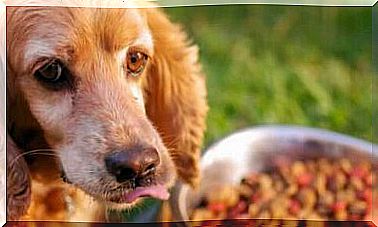Colic In Horses: Causes, Symptoms And Treatment
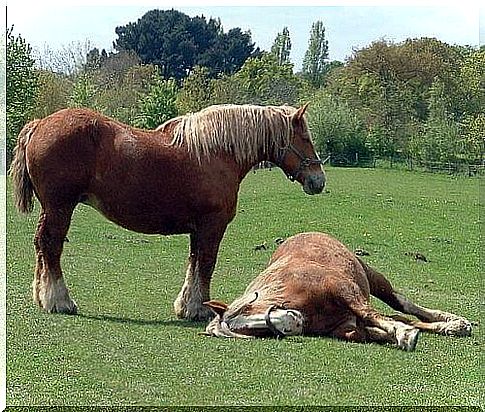
Colic in horses, also known as acute abdomen syndrome, is a very common disease that worries many equine owners. Knowing when the animal is suffering and the medicine that can be given is vital to its survival.
What is colic in horses?
Colic in horses is a sharp pain that causes seizures in the stomach and intestine, which creates severe discomfort in the animal. If not treated in time, the animal could die.
The damage that can be done to him is so serious and so quickly that it must be treated as a veterinary emergency. Once we know what can happen, let’s look at the most common causes of colic in horses.
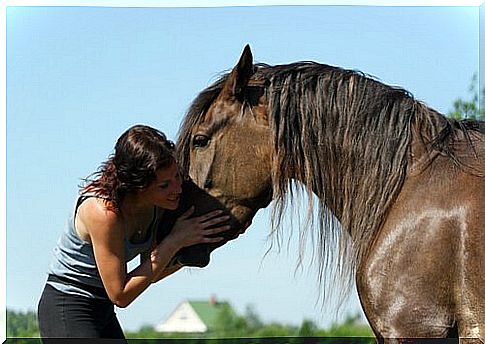
Causes of colic in horses
They say that colic in horses is more of a syndrome than a diagnosis in itself. This covers many diseases of the digestive or intestinal system. However, the main known causes are:
- Food. All extremes are bad, so an excessive diet, or a poor diet, can be the main cause of colic in horses. It may also be that you are providing the horse with more nutrients than necessary, which provide energy or protein in greater amounts than necessary.
- Water. Depending on where you live, water could be the cause. Water with a high content of limestone, or even water contaminated by the presence of amoebae, can be the cause of the horse’s colic. It is also possible that you are giving your horse less water than your body requires.
- Parasites. This is a common ailment and the main cause of colic in horses. This is something that cannot be avoided because horses can have a simple intestinal parasite. That’s why there is a need to carry out a proper deworming.
Colic symptoms in horses
To act quickly, you need to be aware of the symptoms of colic in horses. Although this syndrome has a high mortality, it can be avoided if you act quickly. In fact, most deaths happen because the horse’s owners didn’t give enough importance to one or more symptoms.
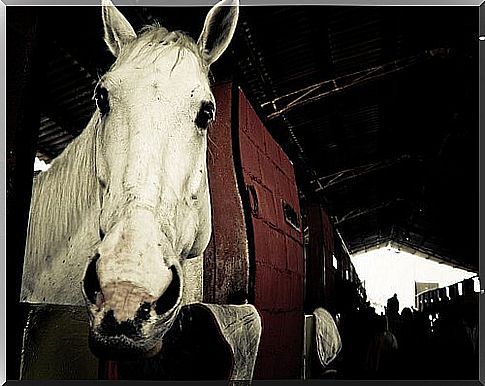
- Strange behavior. If at times your horse seems to behave in a strange way, such as rolling on the ground or circling around itself, this is an unmistakable sign of colic.
- There will be other changes, such as wanting to urinate more than usual or lying down longer than usual.
- If the colic in horses is more severe, the signs will be more palpable. For example, he may have seizures due to pain. The animal may drop to the ground and make sudden movements with the intention of calming its pain.
- Breathing. His breathing will become more rapid, to the point where you think he is drowning. He will also sweat a lot, maybe have a high fever.
Treatment of colic in horses
If you think your horse has colic, walk with him. This won’t cure you, but it will distract you and keep you from rolling on the floor, causing an intestinal sprain.
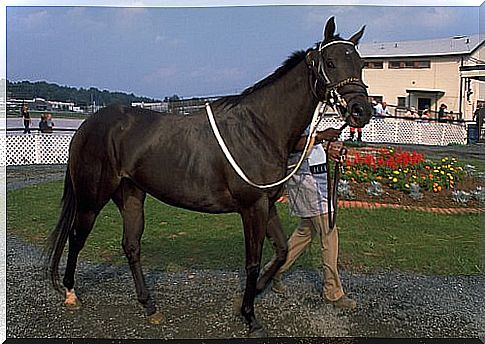
He will receive mineral oil, through a tube, to lubricate the digestive system, and as a laxative the animal will expel anything that causes damage. It will not be necessary to feed him until the veterinarian gives his approval.
The best thing to do about colic in horses is to prevent it. So watch your pet and everything it eats, as well as any changes in its behavior. An animal is always a responsibility.
